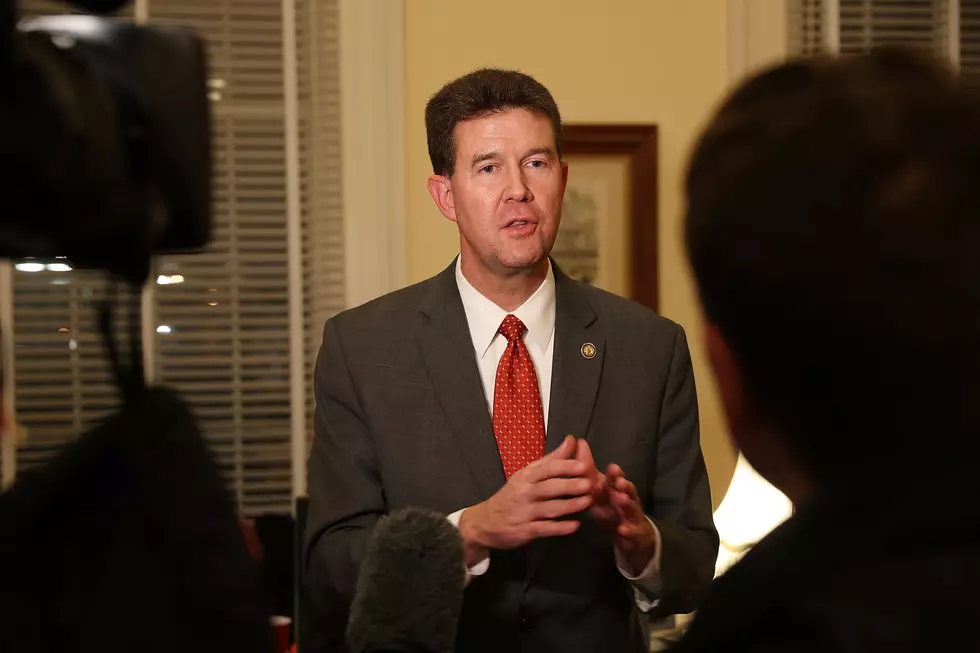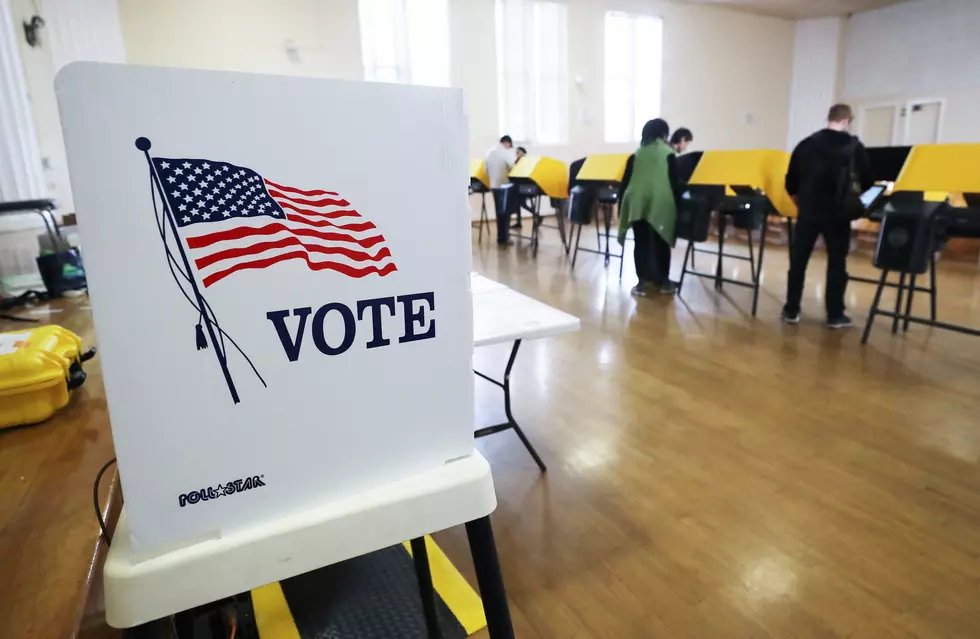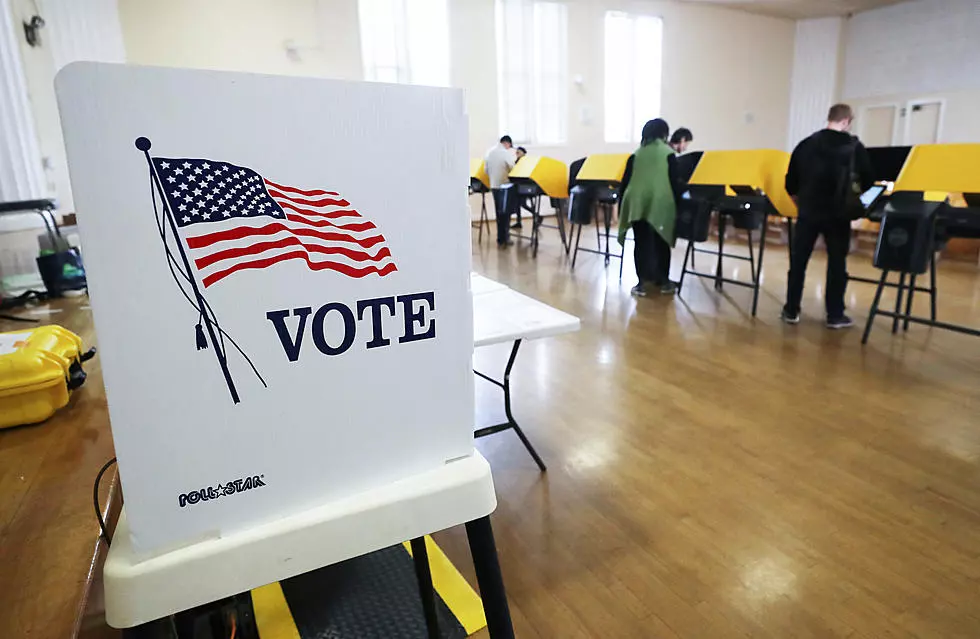
Merrill, Advocacy Organizations Argue Over Election Integrity
The time has come for citizens to take to the polls and cast their votes for the next president of the United States.
Aside from the usual "which boxes do I check?" stressors of Election Day, the coronavirus pandemic presents an odd risk for voting safely. While political nonprofits like the League of Women Voters (LWV) of Alabama and the Southern Poverty Law Center (SPLC) have been working to create more accessible methods of voting for this election, Alabama Secretary of State John Merrill was not a fan of straying from what he sees as proper election integrity.
Merrill, who oversees all elections in the state, saw a few days in court this year as he fought to require photo IDs witness requirements and block curbside voting at the polls. In two October cases, judges have ruled in favor of Merrill's ideals to make voting as direct and fraud-proof as possible.
In People First of Alabama, et al. vs. John Merrill, et al., local and national advocacy groups filed a complaint encouraging a statewide mandate to allow curbside voting and ban photo ID and witness requirements for absentee ballots. The complaint was filed on May 1, 2020 by People First of Alabama and supported by Greater Birmingham Ministries, the Alabama State Conference of the NAACP, and "four voters with medical conditions that make them especially vulnerable to death or serious illness from COVID-19," according to the SPLC.
On Oct. 13, the 11th Circuit Court of Appeals ruled that an earlier district court order cannot lift Alabama's photo ID and witness requirements for absentee voters. Currently, absentee ballots come with an affidavit that must be signed by two witnesses or notarized. To obtain an absentee ballot, a voter must provide a photocopy of an eligible form of identification in their application.
Merrill called the ruling "a win for the people of Alabama" in a press release.
"The photo ID and witness requirements are necessary deterrents for those looking to commit voter fraud, and I am glad the 11th Circuit has recognized their importance in safeguarding the elections process," he said in the release.
The decision was not considered to be a win for everyone, as the LWV and SPLC both issued statements in opposition to the ruling. The SPLC, which works to defend racial justice in the South, remarked in its own press release that the photo ID and witness requirements for absentee ballots are unnecessary and can burden high-risk voters – including people with poor immune systems, disabilities or who otherwise could be put in medical danger by venturing to the polls on election day – while adding "no additional protection to the integrity of Alabama's elections."
“Expert testimony and a voluminous record entered into evidence during a 10-day trial last month made clear why the state’s ban on curbside voting and onerous absentee ballot requirements represent unconstitutional barriers to voting for medically vulnerable Alabamians during an ongoing pandemic," Caren Short, a senior staff attorney for the SPLC, said in the release. "We know that Alabama voters — particularly Black voters — have and will overcome countless barriers to cast their ballot, and we encourage them to do so as safely as possible.”
The LWV, a nonprofit that aims to defend voters' rights and encourage political advocacy through the polls, issued a similar statement objecting the circuit court's decision. The Alabama chapter was vocal throughout the decision process, going so far as to file an amicus brief in support of the plaintiff team.
“The decision ... brings back unnecessary ID and absentee requirements during an unprecedented and deadly global pandemic," Barbara Caddell, LWV of Alabama's president, said in a press release. "The League of Women Voters of Alabama will continue to support voting rights should this case continue to evolve. Voters’ health and access to the ballot must be prioritized.”
As election day creeps closer, the case has evolved. This time, the Supreme Court entered the ring.
Curbside voting was a major point of contention during People First of Alabama vs. John Merrill. While its viability hung in the balance during the circuit case, the U.S. Supreme Court decided to uphold Merrill's wishes to ban curbside voting in the state earlier this week.
The 5-3 decision found Justice John Roberts at the helm of the conservative majority, though no rationale defending the decision was penned. Justice Sonia Sotomayor authored a dissent, claiming that curbside voting would be nothing but a "modest" accommodation that would not impede on election integrity.
Merrill commented on the ruling in a Wednesday press release, calling the decision another "win" for Alabama's voters.
“During the COVID-19 pandemic, we have worked diligently with local election officials in all 67 counties to offer safe and secure voting methods – including through the in-person and mail-in processes," Merrill said in the release. "I am glad the Supreme Court has recognized our actions to expand absentee voting, while also maintaining the safeguards put into place by the state Legislature."
Again, the LWV of Alabama responded to the news with another comment from Caddell.
“With no ballot drop boxes, limited absentee voting, a two-witness absentee ballot requirement, and very limited early voting, Alabama makes voting more difficult than it should be," she said in a Thursday press release. "Curbside voting would have been a simple way to make voting more accessible for our most vulnerable voters. Alabama voters have endured so much back and forth on our voting laws for months, and many had already intended to rely on curbside voting for this election."

The SPLC concurred with these sentiments, issuing a second statement of their own Thursday morning. Short criticized the case's inclusion in the Supreme Court's "shadow docket," which is where "orders are issued without written explanation," according to the release.
"Once again, the Supreme Court’s 'shadow docket' ... has curtailed the voting rights of vulnerable citizens amidst a once-in-a-century public health crisis," Short said in the release. "Already common in states across the South and the country before 2020, curbside voting is a practice now encouraged by the Centers for Disease Control and Prevention (CDC). It should be a no-brainer to implement everywhere during a pandemic; the Alabama Secretary of State unfortunately disagrees, as does the Supreme Court of the United States."
Short applauded Sotomayor's dissent, shouting out the inclusion of an Alabama native who helped affirm her stance.
"Sotomayor’s dissent powerfully quotes one of our clients, Howard Porter, Jr., who is a Black Alabamian with asthma and Parkinson’s Disease in his seventies: ‘[S]o many of my [ancestors] even died to vote. And while I don’t mind dying to vote, I think we’re past that – we’re past that time,’” Short quoted in the release.
While the deadline to register to vote in Alabama has since passed, eligible citizens have one more week to apply for an absentee ballot. Completed ballots must be postmarked no later than one day before or physically turned in by noon on election day. Voters can turn in their absentee ballots at the City of Tuscaloosa Municipal Courthouse.
Election day is Nov. 3 – to apply for an absentee ballot, click here. To verify voter registration status or find the correct polling location, click here.
To vote early, citizens can visit the second floor of the City of Tuscaloosa Municipal Courthouse Monday through Friday from 7:30 a.m. to 5 p.m. and request a same-day application. An eligible photo ID is required.
Top Stories from the Tuscaloosa Thread (10/19 - 10/25)
More From Tuscaloosa Thread









